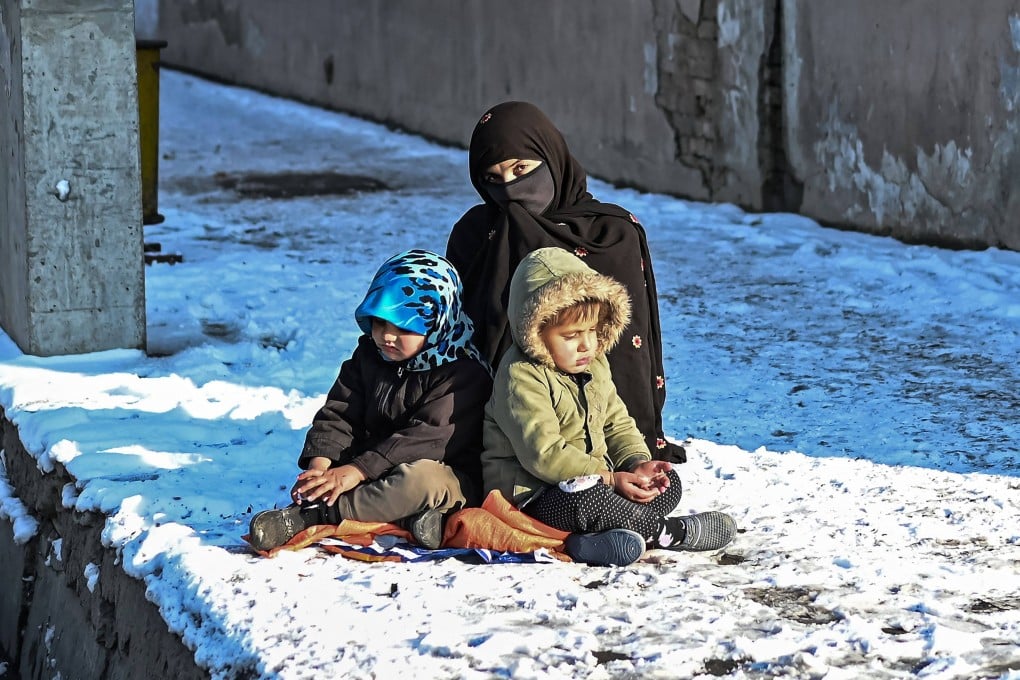Advertisement
China sends aid to Afghanistan as Taliban grapples with winter crisis
- Beijing is stepping up efforts to engage with the country’s new government as millions face the risk of starvation
- China is sending winter clothing and agreed to build a mosque and two wells
Reading Time:2 minutes
Why you can trust SCMP
99+

China is sending winter supplies to Afghanistan, which is facing an acute financial and humanitarian crisis.
Diplomatic observers said the aid and infrastructure would help build ties with the Taliban.
The Taliban, which seized power in August following the withdrawal of American troops, is facing a series of challenges in reconstructing the country.
Advertisement
The winter has intensified the crisis it is facing. Reports have estimated that nearly 23 million people lack adequate food supplies, and the US has frozen around US$9 billion in Afghan assets.
Zhu Yongbiao, director of the Centre for Afghanistan Studies at Lanzhou University, said Afghanistan faces a “systemic crisis” and the humanitarian situation will be “very serious”.
Advertisement
Zhu said this could “seriously challenge” this Taliban’s rule due to its lack of experience.
Advertisement
Select Voice
Select Speed
1.00x